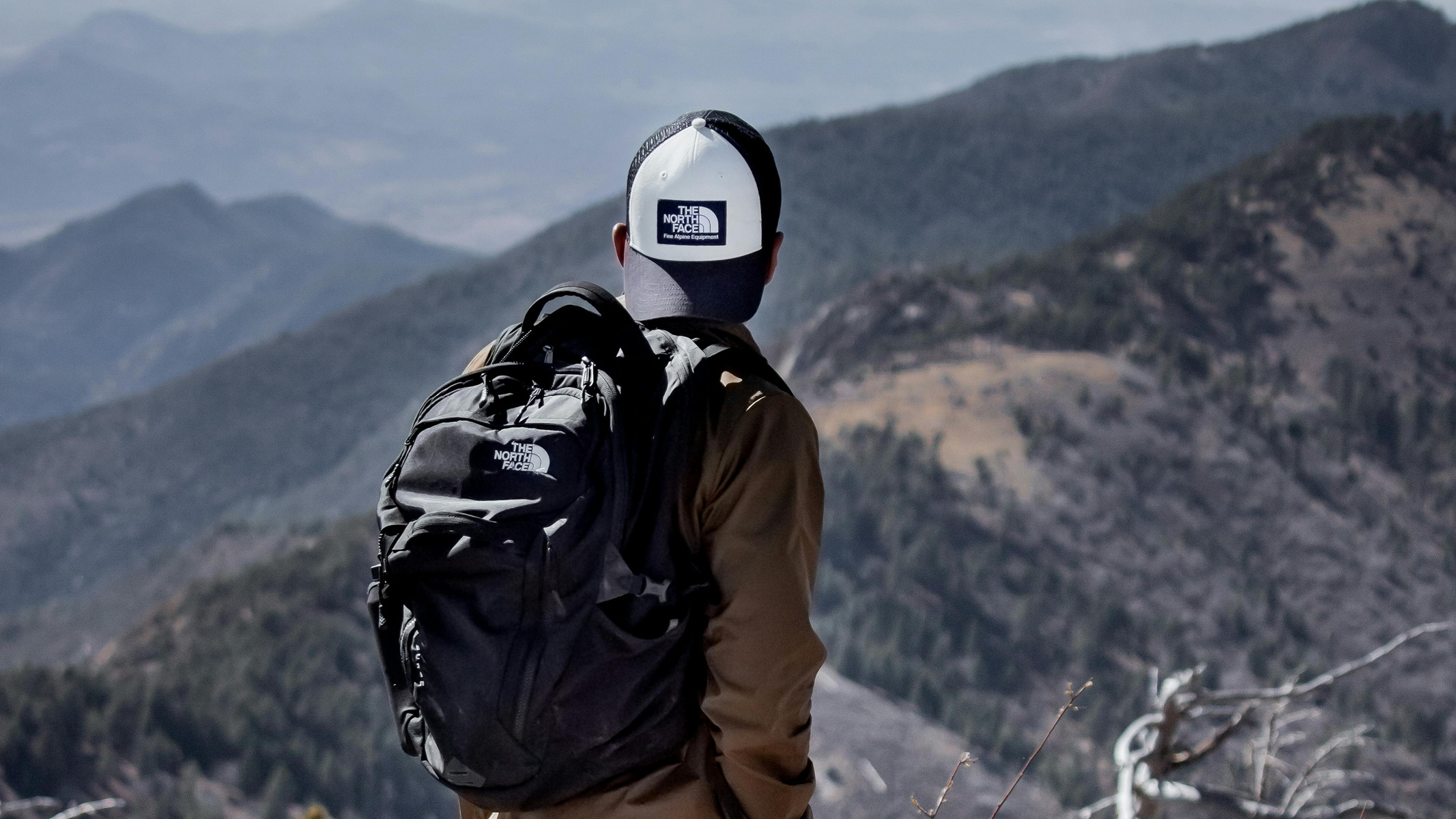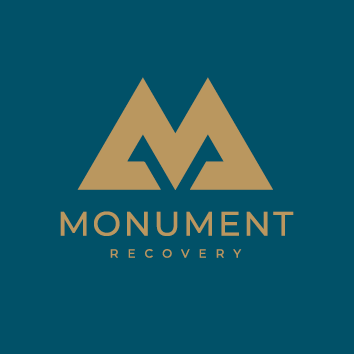Is My Child an Addict? How Family Involvement Strengthens Addiction Recovery
is my child an addict? • Written by: Monument Recovery

When they were little, you probably never thought that one day you’d be googling this. Maybe you’ve been kept up at night wondering if your kid’s “partying phase” is going on a little too long. Maybe you’ve found their stash and it was more than you imagined. Or maybe you’re just picking up on a parent’s intuition that something is…off.
At Monument Recovery, we’ve walked alongside countless families in the exact same spot. Most of us are in long-term recovery so you’re not alone, and we know you’re not overreacting. And no matter how things look right now, recovery is possible. Not just for your child—but for your whole family.
First, Is My Child Really Struggling with Addiction?
Saying your kid has an addiction feels heavy and final. It’s not a term any parents want to use. But this isn’t about a word. It’s about whether your child’s relationship with substances is interfering with their life, and whether something deeper might be going.
So what should you be looking for? Changes in behavior are often the first red flag—things like increased secrecy, drastic mood swings, or pulling away from friends and family. You might notice physical signs like unusual sleep patterns or changes in appearance, or situational shifts like losing a job, dropping out of school, or abandoning hobbies they once loved.
You don’t have to have all the answers right now. What matters is recognizing when things don’t feel right and being willing to ask the hard questions.
Addiction Is a Family Disease—So Why Is the Family So Often Left Out?
When someone is struggling with the disease of addiction, everyone around them feels the impact. But far too often, the treatment process only focuses on the person using the substances and leaves out their loved ones. Monument Recovery’s Clinical Director Bradley Wagner puts it like this, “Clients’ loved ones don’t have the same platform for healing. Family members often suffer in silence.”
That silence isn’t just painful—it’s counterproductive. Because if the family isn’t healing too, the dynamics that contributed to or were shaped by addiction can linger long after treatment ends.
What Happens When the Whole Family Heals?
So, what changes when families start actively participating in the healing process? A lot.
At Monument Recovery, family involvement is an essential part of the recovery journey. This process isn’t about assigning blame - it’s about understanding how the family system works and doesn’t work. Bradley explains it like this, “We focus on healthy boundaries, codependency, and enabling.” It’s all about creating a space for healing. “Family members need a space to express their own wants and needs.”
That’s often the missing piece—acknowledging that you’re not just a bystander in your child’s recovery. You’re a participant, and you deserve healing too.
Why This Matters for Long-Term Recovery (Not Just the 30-Day Fix)
A lot of families bring their loved one into rehab thinking short-term: “If we can just get them through detox,” or “If they can just make it 30 days sober, everything will go back to normal.” That’s normal. You’ve been triaging everything so long that you can only think in small increments of time.
But here’s the reality: if the family system returns to business as usual, so does the risk of relapse.
Addiction recovery isn’t about fixing one person. It’s about transforming the environment they’re returning to. According to Wagner, “Healing the family system supports long-term recovery.” The work you do as a parent, sibling, or partner doesn’t just help your loved one—it gives you tools to live more authentically, communicate more clearly, and build healthier relationships.
But What If My Kid Doesn’t Want Me Involved?
This might happen. Some young adults may not be ready to have their family participate in their treatment process. They may feel embarrassed, angry, or just want to handle things on their own. That’s okay.
But your healing doesn’t depend on your child’s readiness. You can start doing your own work—setting boundaries, learning about addiction, unpacking your own emotions—regardless of whether your child invites you into their treatment experience..
Ready to Start?
At Monument Recovery, we help young adults rebuild their lives—and we help their families heal right alongside them. Whether you’re just starting to ask questions or looking for deeper support, there’s a space for you here.
Reach out. Speak up. You don’t have to stay stuck in the silence.

